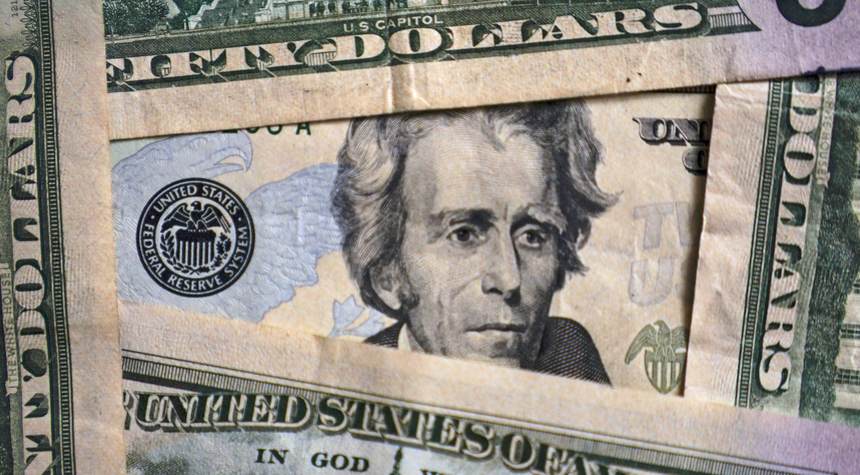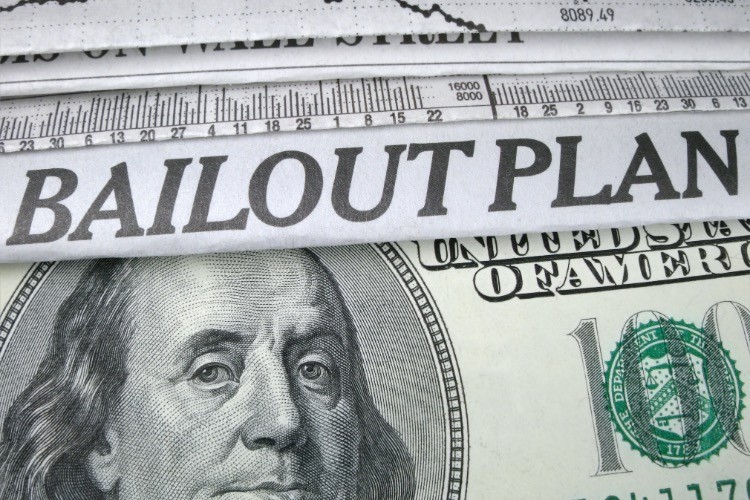While gas prices accounted for about half of the increase, there were worrying signs in other sectors of the economy as well, signaling to the Federal Reserve that, despite the steepest rise in interest rates since the early 1980s, inflation has yet to be beaten back.
Airline fares jumped nearly 5% in August, driven by higher jet fuel prices. And the 10.6% rise in gas prices was the result of OPEC+ maintaining its cuts in production.
Joe Biden tried to adorn the pig with a deep shade of red lipstick.
“Today’s report provides more evidence that core inflation is trending down toward pre-pandemic levels at a time when employment remains strong,” he said in a statement.
“I know last month’s increase in gas prices put a strain on family budgets. That’s why I remain laser-focused on cutting energy costs, including by investing in clean energy to bolster our energy security.”
Earth to Joe: “Investing in clean energy” will not — repeat not — cut energy costs immediately. The only way to cut energy costs is to bring more oil to market. It didn’t help that you just closed off 13 million acres in the Arctic from being developed.
Related: Drill, Baby, NOT! Biden Bars Oil Exploration on 13 Million Acres of Arctic Wilderness
Some food prices were lower, bringing overall food inflation to 0.2%, while meat, poultry, fish, and eggs increased 0.8%. But it’s gas prices that have hit the hardest and will no doubt continue to give the consumer a headache.
Prices at the pump remain well below their peak in June 2022, when a gallon of gas cost more than $5 on average. That spike was largely the result of Russia’s invasion of Ukraine and Mr. Biden has since sought to reduce price pressures through a variety of measures, including releasing millions of barrels of oil from the nation’s Strategic Petroleum Reserve. Prices fell steadily last summer, a development that Mr. Biden celebrated.
Administration officials continue to tout that progress, using last June as a benchmark. “If you look at what we’ve been able to do from last summer to this summer — lowering gas prices by a dollar twenty cents, that is because of the work that this administration has done,” Karine Jean-Pierre, the White House press secretary, told reporters last week.
We are by no means out of the woods yet on prices. And as far as interest rates, the other shoe has yet to drop. In order for interest rates to work, the economy is going to have to slow down. That hasn’t happened much yet, and until it does, inflation will remain an ever-present threat.
The Federal Reserve raised interest rates from 5.25% to 5.5% at its July meeting, marking 11 rate increases in the last year. The thinking on the street is that the Fed will hike rates another quarter point at its meeting on September 19.
But there’s much uncertainty, both in the U.S. and globally. Has the Fed gone too far? Will the rising interest rates lead to bank failures or a stock downturn? Stay tuned for the next thrilling episode.


